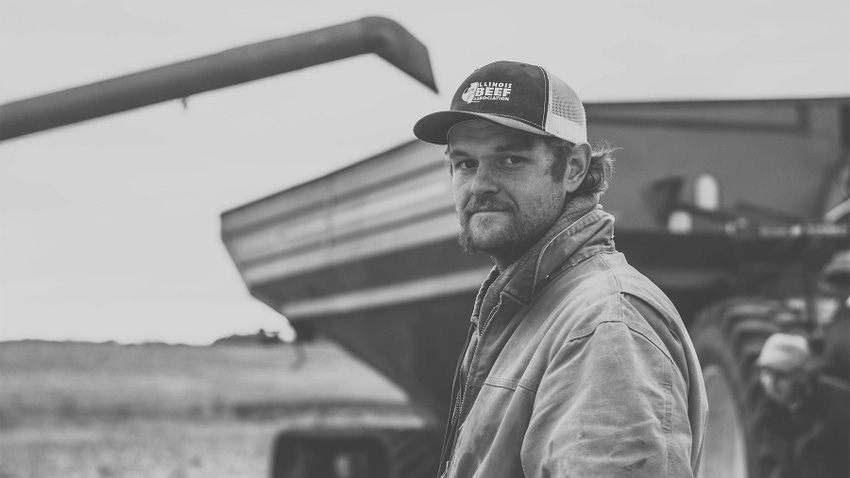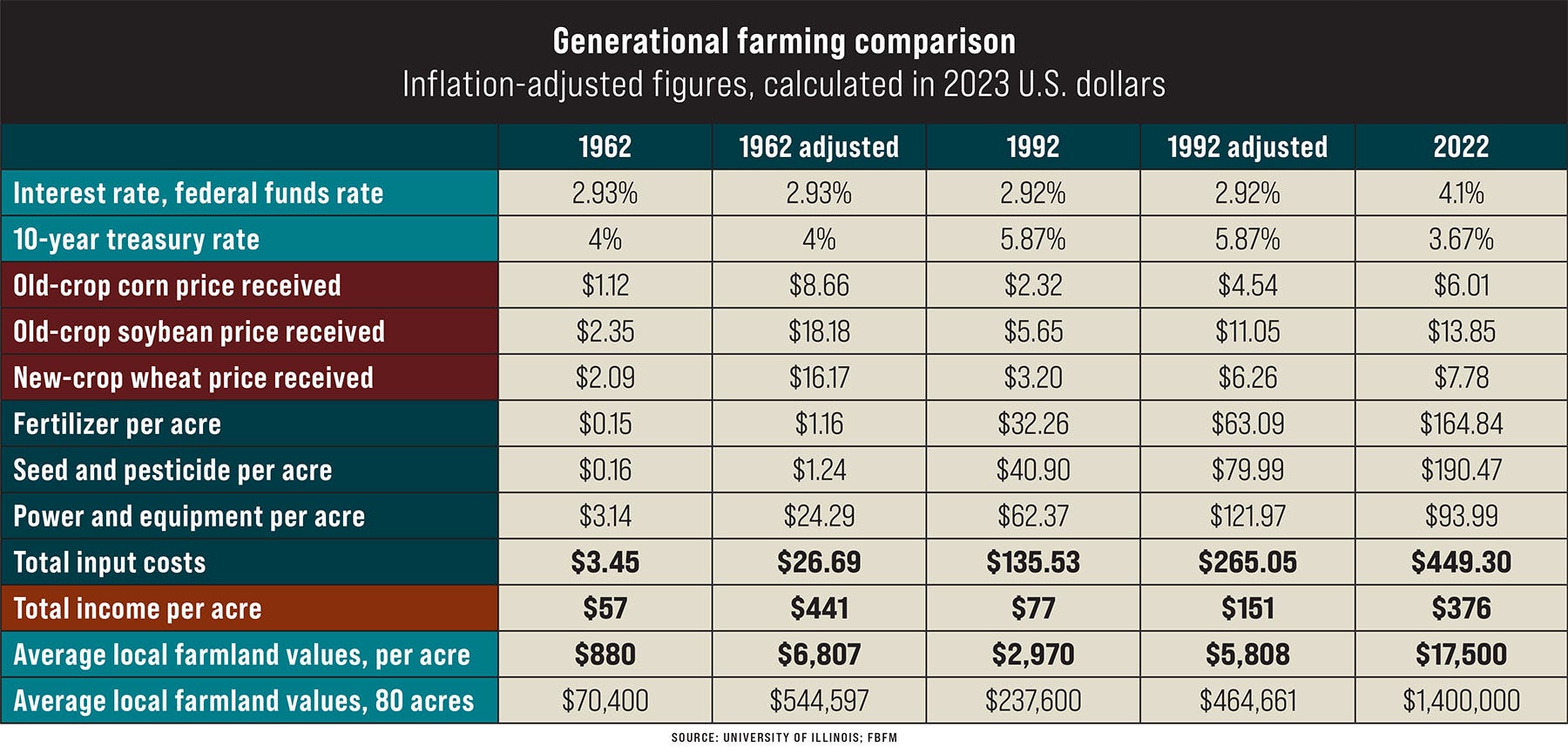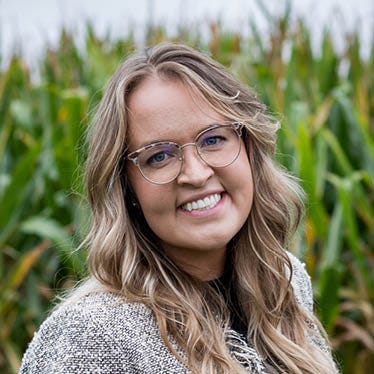October 5, 2023

We’ve all heard “back in my day” comments, comparing the current day to past generations. I can’t imagine what my grandfather lived through: the Great Depression, polio in the family, serving in the Korean War — all before he turned 30. Wow.
In most ways, 2023 is a great time to be alive — but is it a good time to be a farmer? More specifically, is it a good time to be a young farmer? I’ve been pondering that question lately and asked several University of Illinois ag economists for some numbers, as a comparison. The table below compares 2022, 1992 and 1962 as a baseline for what my generation is up against vs. my parents’ and grandparents’ generations. All figures have been adjusted for inflation and calculated in 2023 U.S. dollars.

My husband, brother, sister-in-law and I are all in our late 20s, trying to navigate what our generation will contribute to the family farm. 2023 may be the most challenging time to date to start as a young farmer. For many, buying land at $18,000 per acre is just a pipe dream. And for others, it means tethering yourself to a 30-year note at an unsavory interest rate.
The price to be a buyer today is disproportionately high to the income level — for land, for inputs, for equipment. And yes, income opportunities exist, but at what cost? Farming in 2023 takes more capital, more risk and more stress than any other time in history.
Without the family farm foundation my parents and grandparents have laid, it would be nearly impossible for us to buy land or equipment. Young farmers across the country feel like their backs are against the wall. They want to farm, but how?
I don’t have the answers. But on our farm, staying competitive has meant looking at the bottom line for areas to add value. If you’re a young farmer reading this, here’s what we’ve learned:
Explore Beginning Farmers and Ranchers Loans. The process may seem overwhelming at first, but it’s certainly doable, especially with help from your local Farm Service Agency office. In 2018, the Beginning Farmer Loan helped my husband and I purchase our first farm together.
Add livestock. Livestock have been a great way for us to diversify the farm and hedge against market risk. We raise cattle, and Illinois is a breadbasket for alternative feeds like distillers grains and corn gluten. Several companies and farms across the country also offer contract grower programs, such as becoming a Maschhoffs Production Partner.
Consider trucking. Doing our own trucking has benefited the farm by hauling our own grain and taking advantage of competitive pricing on inputs like feed and fertilizer. Having a commercial driver’s license and owning your own truck can also open you up to custom-hire opportunities.
Look for opportunities in your community. Some farmers want to retire but don’t have an heir to take over the farm. Next Generation Ag Advocates has what it calls the Century Match Program, designed to connect landowners looking to transition with beginning and aspiring farmers. Full disclosure: We haven’t used the Century Match Program, but it sounds like a great resource.
Trust the Lord. I couldn’t farm without my faith. So many factors are out of our control. Maybe you’ve sung the old Gaither hymn: “Many things about tomorrow I don’t seem to understand, but I know who holds tomorrow and I know who holds my hand.”
When I find myself anxious and overwhelmed by the weight of the future, it helps to remember the farm isn’t the most important race I’m running. Hebrews 12:1-2 reminds me, “Let us throw off everything that hinders and the sin that so easily entangles. And let us run with perseverance the race marked out for us, fixing our eyes on Jesus, the pioneer and perfecter of faith.”
Read more about:
Young FarmerAbout the Author(s)
You May Also Like






